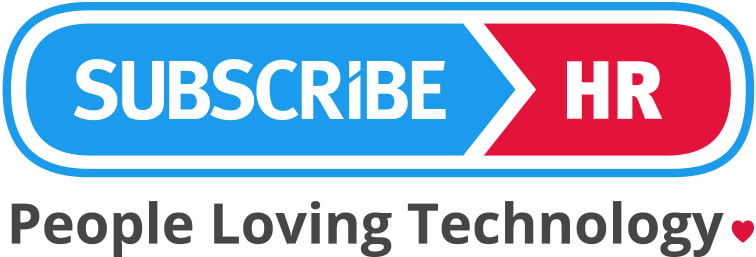The employment gap for people with disabilities continues to widen in Australia. This is a puzzling situation, given that employers often struggle to find the talent they need. Yet there is a huge, untapped resource available. Nearly 500,000 people receive disability pensions in Australia. The United Nations reports much higher employment rates for people with disabilities in a number of other countries, some of which are much less prosperous than Australia. (e.g. Malawi at 92% and China at 85%). Many of you may not be aware that the Australian Government passed legislation last year to facilitate those with disabilities to join the workforce.
Par of the barrier, which has been identified by multiple research studies is often the concern Employers don't want to say or do the 'wrong' thing in relation to people with a disability. In fact, that was even a consideration when writing this article, because the intention behind it is most certainly a positive and supportive one.
The Disability Employment Gap
A review of existing research into why employers don’t hire people with disabilities reveals the following main reasons. Employers believe / have the perception that people with disabilities:
-
Lack necessary knowledge, skills, abilities, and other characteristics.
-
Have lower productivity and entail higher costs than people without disabilities.
-
Are stereotyped, which leads to biased and unfavourable decision making.
What this review of the research also found, is that these most common reasons for not hiring people with disabilities are largely based on inaccurate perceptions:
“…lower levels of education may inhibit the employability of individuals with disabilities, especially where job-specific knowledge and formal education is required. However, individuals with disabilities rate equal or better than people without disabilities on the criterion of dependability…the evidence shows no productivity differences between [people with disabilities] PWDs and people without disabilities... Accommodations for PWDs may entail additional costs to employers, but evidence to date suggests that these costs are usually minor and unlikely to tip the benefit versus cost assessment away from hiring from this source of labour.”
However, the data indicates that many employers are still not convinced.
![]()
Hiring Workers With A Disability: The Business Benefits
In addition to legislative compliance and “doing the right thing,” the Australian Network on Disability identifies the following potential business benefits associated with employing people with disabilities:
-
Talent diversity: access to a broader talent pool as people with disability bring a diverse range of skills and abilities and valuable perspectives to the workplace
-
Retention: on average, employees with disabilities have longer tenure than those who don’t.
-
Creativity and innovation: understanding the needs of people with disabilities as a service provider is critical in retaining those customers. Also, including diverse perspectives in the workplace enhances creativity.
-
Reputation and Brand: according to a University of Massachusetts survey, 92% of the American public view companies that hire people with disability more favourably than those that do not; 87% of the public also agree that they would prefer to give their business to companies that hire people with a disability.
-
New standards: increasingly, organisations and governments are seeking information from suppliers on their employment practices and encouraging tenders from a diverse range of suppliers.
-
Employee engagement: strengthening workplace morale and productivity through a more committed and diverse workplace.
The Bottom Line
In a cost benefit comparison of employees with a disability versus those employees without, researchers at DePaul University concluded:
“Workers with disabilities have much to contribute to the labour force (particularly when one considers job performance and supervision). Participants with disabilities from the retail sector also stayed on the job longer, had lower absenteeism rates, and had an equivalent number of worker’s compensation claims when compared to participants without disabilities… Further, when reported by employers, the provision of accommodations for participants with disabilities was uncommon and, for the most part, low to no cost."
In spite of the generally positive results of their cost/benefit analysis, the authors of the report went on to share the following conclusion from the focus group phase of their research:
“…although administrators expressed positive attitudes toward workers with disabilities, they were concerned that manager biases may be inhibiting work opportunities for this group. Overall, there appears to be a disconnect between the performance of workers with disabilities (as evident through the cost-benefit survey findings) and managers’ perceptions of this group.”
Are You Ready to Embrace Change?
As an HR Professional, there are a few questions to ask yourself and your leadership team about the potential of hiring people with disabilities.
-
Does your organisation have a clearly articulated policy on the employment of people with a disability?
- Is HR and your leadership team aware of Australian Government legislation and benefits of hiring people with a disabaility?
-
Does your Board have a view on this?
-
Is your business open, innovative and creative enough to try hiring candidates with disabilities?
-
Is your organisation willing to state your intentions the next time you advertise?
The Australian Network on Disability offers some fantastic resources to help your business build disability confidence, particularly in relation to employing people with disability, as well as welcoming customers with disability.

